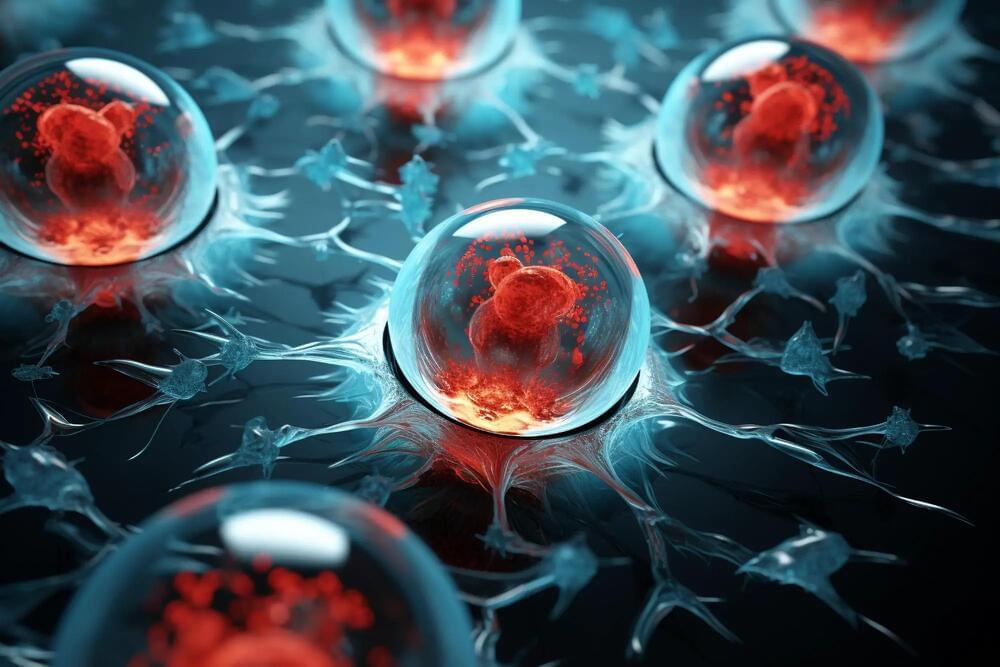Scientists discovered that a synthetic cell with a reduced genome could evolve as quickly as a normal cell. Despite losing 45% of its original genes, the cell adapted and demonstrated resilience in a laboratory experiment lasting 300 days, effectively showcasing that evolution occurs even under perceived limitations.
“Listen, if there’s one thing the history of evolution has taught us is that life will not be contained. Life breaks free. It expands to new territories, and it crashes through barriers painfully, maybe even dangerously, but… ife finds a way,” said Ian Malcolm, Jeff Goldblum’s character in Jurassic.
The Jurassic period is a geologic time period and system that spanned 56 million years from the end of the Triassic Period about 201.3 million years ago to the beginning of the Cretaceous Period 145 million years ago. It constitutes the middle period of the Mesozoic Era and is divided into three epochs: Early, Middle, and Late. The name “Jurassic” was given to the period by geologists in the early 19th century based on the rock formations found in the Jura Mountains, which were formed during the Jurassic period.
